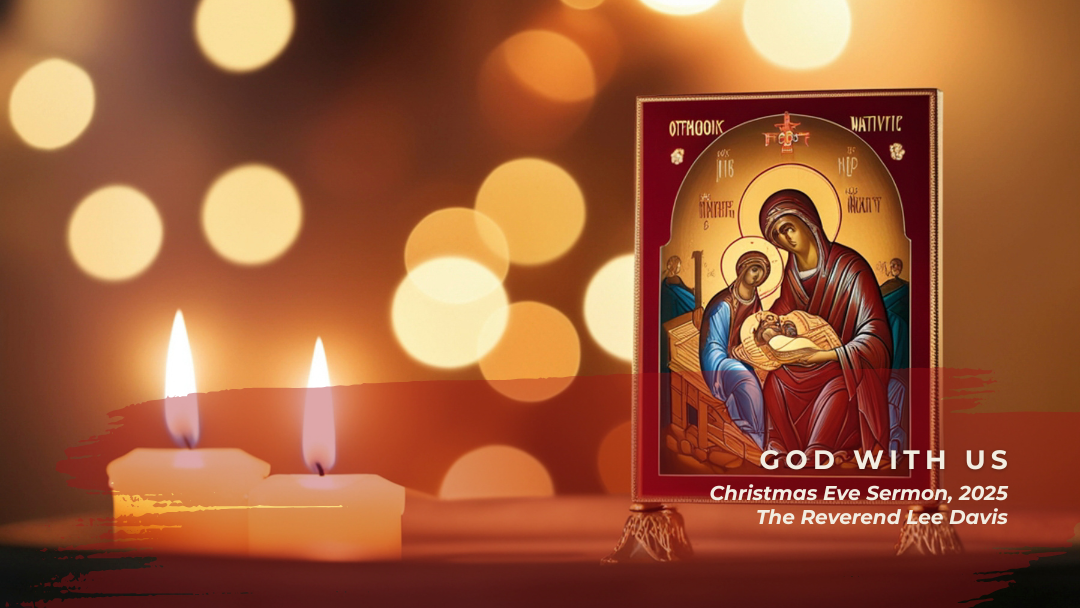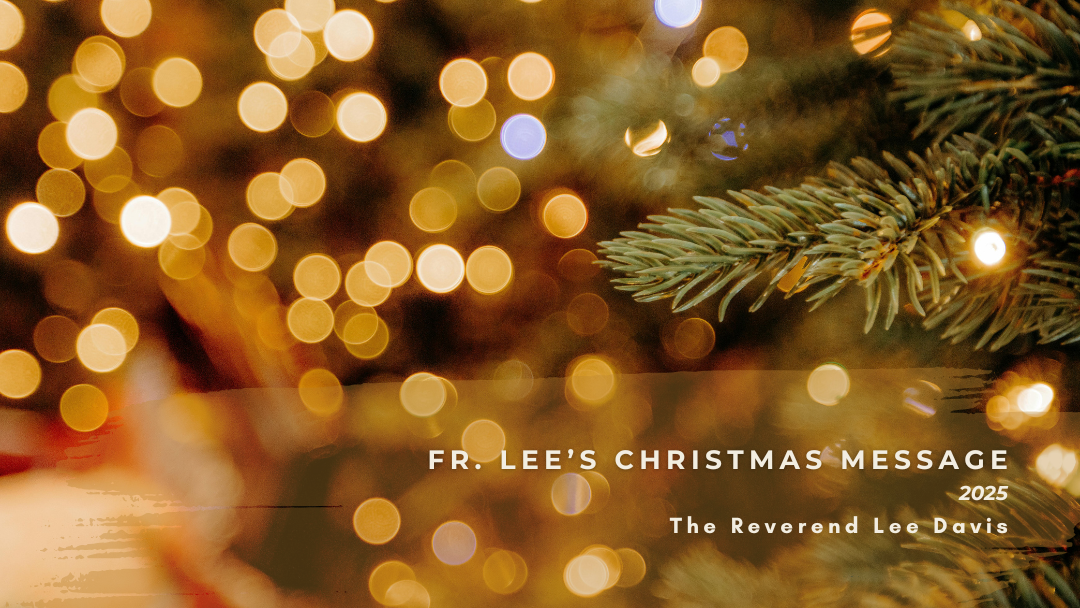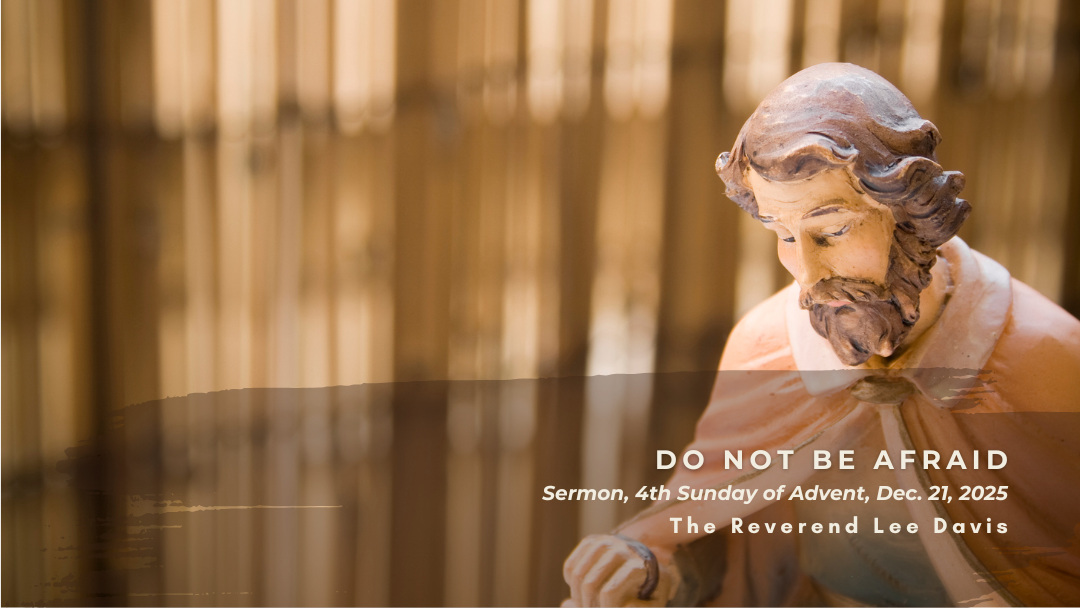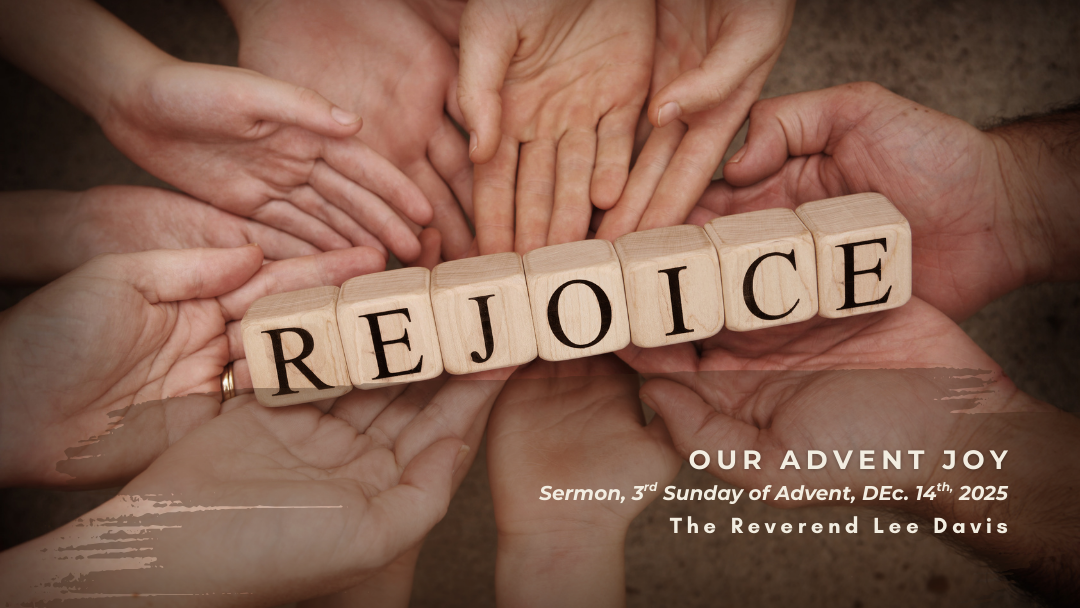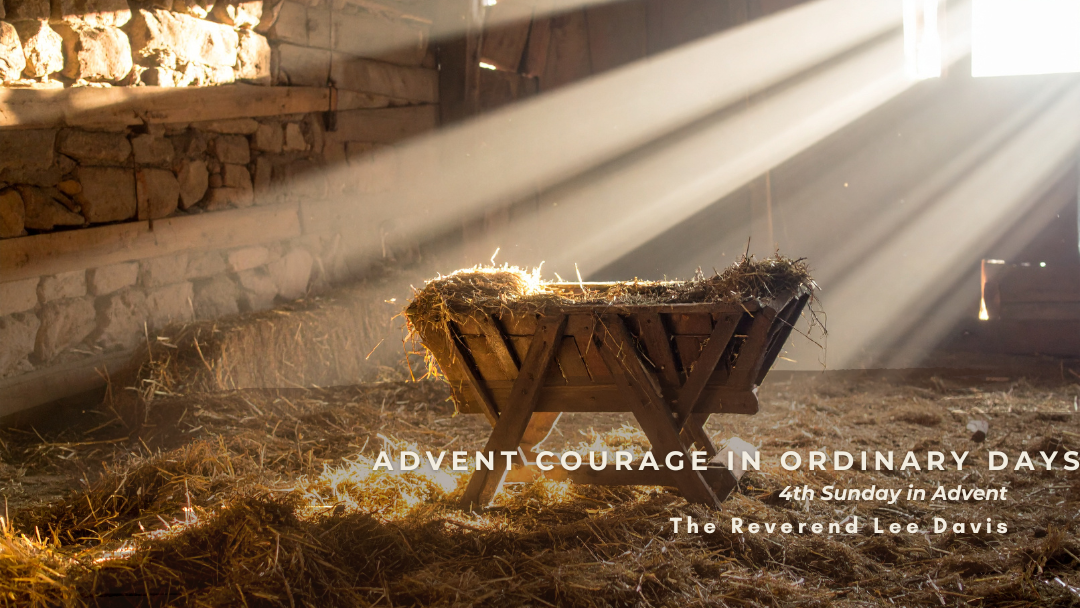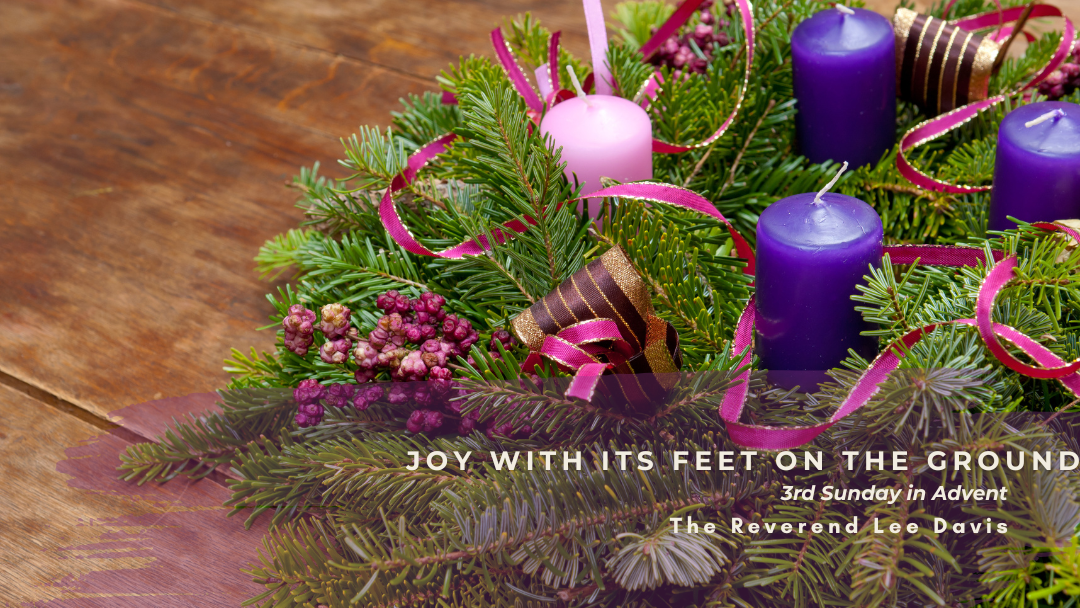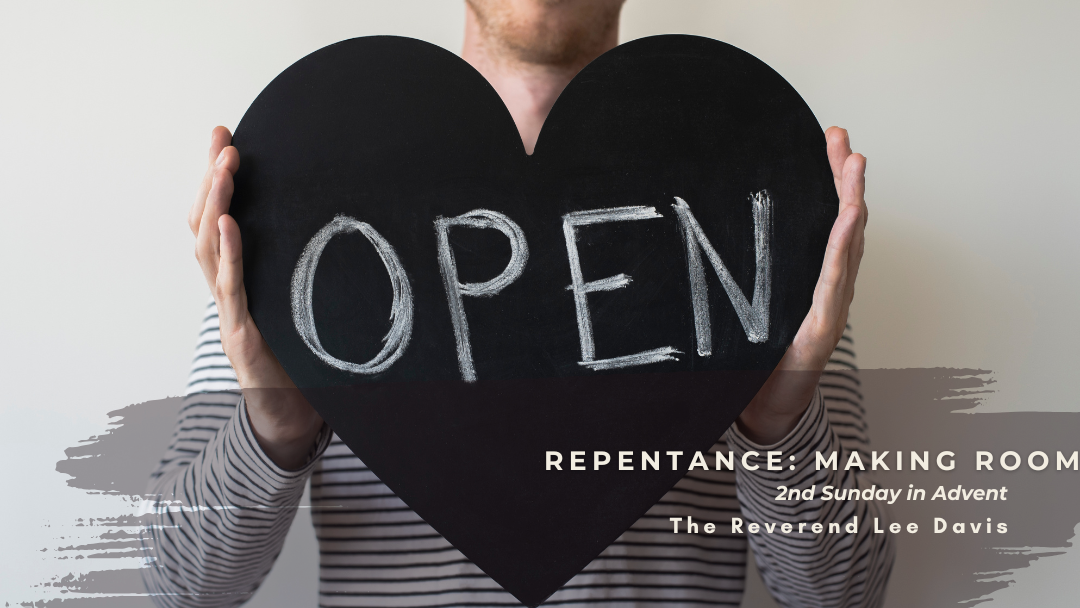A Living Force
A Living and Active Force
In this week’s passage from Hebrews, we encounter a passage that speaks powerfully about the Word of God and the compassionate nature of Christ as our high priest. This scripture touches on key themes in Anglican theology, particularly the role of scripture, the Incarnation, and the priesthood of all believers.
The passage opens with a striking image: "Indeed, the word of God is living and active, sharper than any two-edged sword, piercing until it divides soul from spirit, joints from marrow; it is able to judge the thoughts and intentions of the heart" (Hebrews 4:12 NRSV).
In the Episcopal Church, we believe that God’s Word is not static. It is living, dynamic, and active, working in and through us. We engage with scripture as a transformative force that challenges, comforts, and reveals the will of God. For all baptized Christians, the Word of God functions not just as a set of instructions but as a means through which the Spirit works in our lives, calling us to transformation.
The piercing nature of the Word—its ability to “judge the thoughts and intentions of the heart”—highlights the role of self-examination in our faith. In the Episcopal tradition, all believers are invited to examine their lives, particularly through the prayers of confession, seeking God’s grace as the Word uncovers the depths of our hearts.
The second part of the passage speaks to Christ’s role as high priest: "Since, then, we have a great high priest who has passed through the heavens, Jesus, the Son of God, let us hold fast to our confession" (Hebrews 4:14 NRSV). While Jesus' priesthood is central to our salvation, the Episcopal Church also emphasizes the concept of the priesthood of all believers.
Through baptism, all Christians are called to share in Christ’s ministry of reconciliation. We are not mere observers but active participants in God’s mission. The passage reminds us that Christ, having shared in our humanity, now invites us to continue his work in the world. As part of this shared priesthood, all believers are empowered to bring God’s presence into everyday life—through acts of mercy, justice, and love. The verse "we do not have a high priest who is unable to sympathize with our weaknesses" (Hebrews 4:15 NRSV) assures us that Christ knows our struggles and walks with us. As the baptized, we reflect Christ’s empathy and care for others, embodying this shared priesthood in the ways we support one another and stand with those in need.
The final verse of this passage invites us to "approach the throne of grace with boldness, so that we may receive mercy and find grace to help in time of need" (Hebrews 4:16 NRSV). For all who are baptized, this invitation to approach God with confidence is a cornerstone of our faith.
Episcopalians affirm that through baptism, we are brought into an intimate relationship with God. We come as beloved children, with full access to the grace and mercy God offers. In our worship, especially in the Eucharist, we see this boldness reflected in the way we come forward to receive the sacraments, trusting in God’s abundant grace for each of us.
This bold approach is not about entitlement but about trust in God’s mercy. As baptized believers, we stand before God, aware of our weaknesses yet confident in Christ’s redeeming love.
Hebrews 4:12-16 invites us to reflect on the shared vocation of all baptized Christians as participants in the priesthood of all believers. It reminds us that the Word of God is alive, constantly working in us and through us, and that we are called to live out our faith with boldness and compassion.
Through the priesthood we share in Christ, we are invited into the deep work of reconciliation, justice, and mercy in the world. This scripture empowers us to approach God confidently, knowing that we are known, loved, and understood by Christ, who sympathizes with our weaknesses and intercedes for us. As we live into this calling, we do so with the assurance that God’s grace is always available to help us in our time of need.






